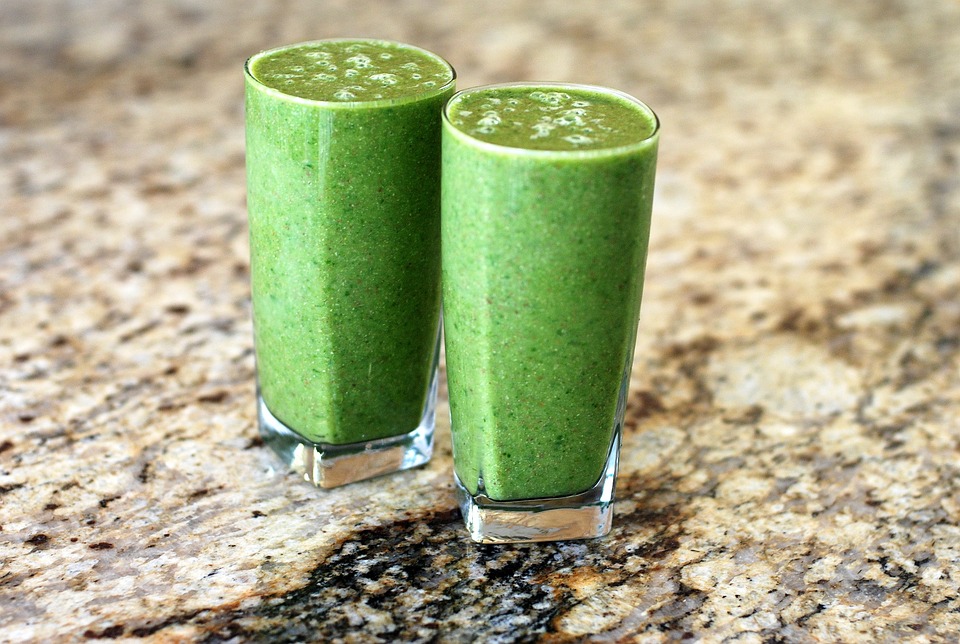The food choices we make have a direct impact not only on our health but also on the environment. As people become more aware of the connection between diet and planetary sustainability, a new eating movement has been gaining momentum – the flexitarian diet. Blending the principles of vegetarianism and the occasional consumption of meat or animal products, this lifestyle choice is attracting an increasing number of followers who seek a balance between personal health and environmental considerations.
The term “flexitarian” was coined in the early 2000s but has gained significant popularity in recent years. Flexitarians primarily adhere to a plant-based diet, emphasizing fruits, vegetables, whole grains, legumes, and nuts. They largely limit or avoid meat, poultry, fish, and other animal products such as dairy and eggs. However, unlike vegetarians or vegans who eliminate animal products entirely, flexitarians occasionally include small portions of meat or animal products in their meals.
One of the primary motivations behind adopting a flexitarian diet is health. Plant-based diets have been lauded for their positive effects on overall well-being. They tend to be lower in saturated fats and cholesterol and higher in fiber, vitamins, minerals, and antioxidants. Numerous scientific studies have linked vegetarian and plant-based diets to a lower risk of developing chronic diseases such as heart disease, type 2 diabetes, certain cancers, and obesity. By following a predominantly plant-based diet, flexitarians can improve their health while still enjoying the occasional taste of meat.
Another key driver behind the popularity of the flexitarian diet is sustainability. The environmental impact of animal agriculture cannot be overemphasized. Livestock farming contributes significantly to greenhouse gas emissions, deforestation, water pollution, and loss of biodiversity. By consuming fewer animal products, flexitarians can reduce their carbon footprint and minimize their contribution to environmental degradation.
Choosing a flexitarian lifestyle provides a middle ground for individuals who may find it challenging to commit to a fully vegetarian or vegan diet. It allows for flexibility and variety without feeling deprived of occasional indulgences or cultural traditions. For many, the idea of completely giving up meat can be daunting, especially when it has been a significant part of their diet for years. The flexitarian approach provides them with an alternative where they can still lower their meat intake and make a positive impact on their health and the environment.
Notably, the growing popularity of the flexitarian diet has sparked the interest of food companies and restaurants. Food manufacturers have started developing a range of plant-based alternatives, including meat substitutes that closely resemble animal products in texture and taste. Restaurants are also catering to the demands of flexitarian diners by offering diverse menus with appealing plant-based choices.
Ultimately, the rise of the flexitarian diet reflects a wider shift in consumer behavior towards conscious and sustainable living. People are now more aware of the interconnectedness of personal health and environmental well-being. By adopting a flexitarian lifestyle, individuals can strike a harmonious balance between their own nutritional needs and the urgent demands of a vulnerable planet.


